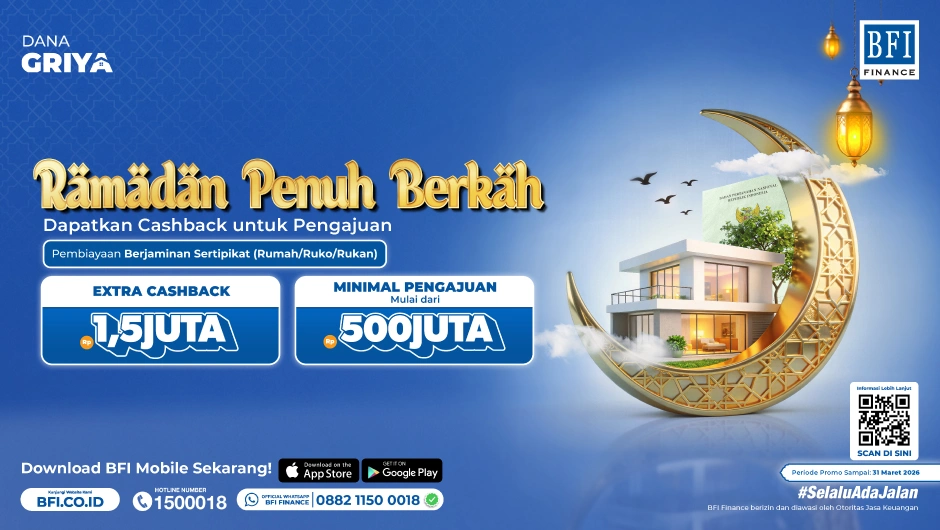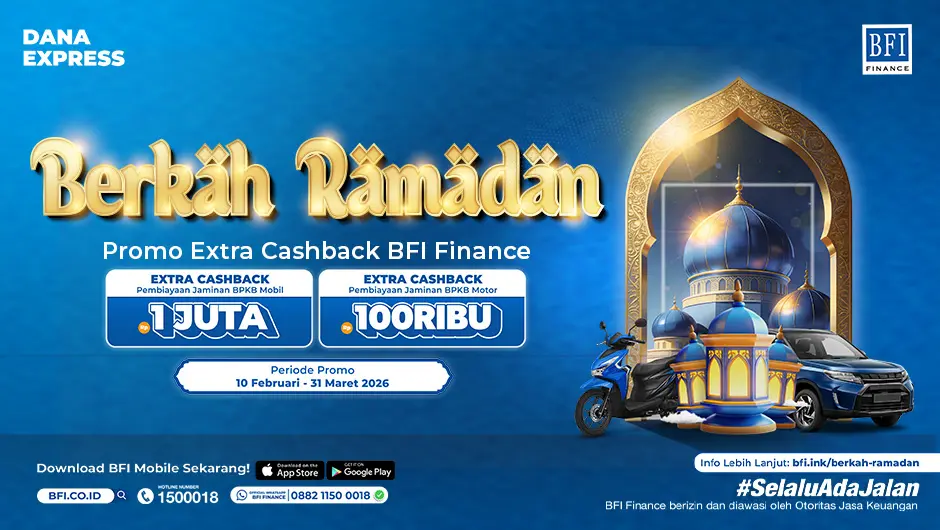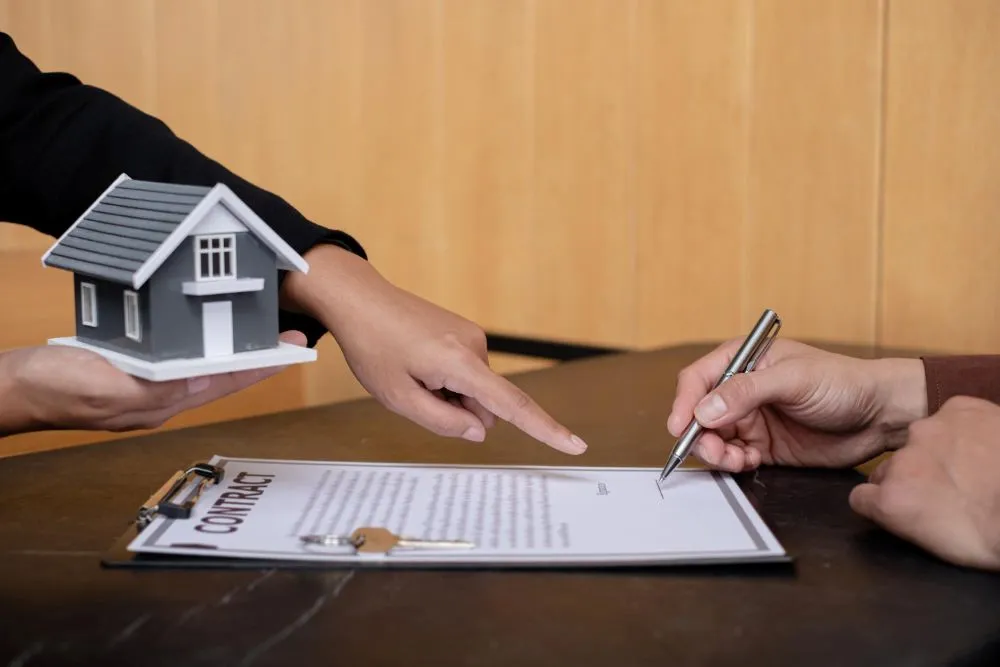When applying for a loan, banks or other financial service providers will conduct a BI Checking process. This process is carried out to assess the creditworthiness and payment behavior of a potential borrower before deciding to approve the loan application.
If you’re planning to apply for a loan, it’s important to first understand what BI Checking is in more detail. Let’s explore the full explanation below.
What Is BI Checking?
BI Checking refers to the Debtor Information System (Informasi Debitur Individual or IDI Historis) that records a borrower’s credit history. Through this process, financing companies or banks can find out whether the debtor has been repaying loans on time or has defaulted.
This is possible because the country’s central bank has a dedicated system that collects debtor information from various financial institutions. So, anyone who has applied for credit—whether at a government or private bank—will have their data recorded in this system.
With this, lenders can review an individual’s credit history before approving a loan application. If the data shows a good credit score, the application is more likely to be approved.
The Difference Between SLIK OJK and BI Checking
What’s the difference between SLIK OJK and BI Checking? As of January 1, 2018, BI Checking was officially replaced by the Financial Information Services System (SLIK), which is managed by the Financial Services Authority (OJK). Here’s how they differ:
|
Aspect |
SLIK OJK |
BI Checking |
|
Managing Authority |
OJK |
Bank Indonesia |
|
Data Coverage |
Covers financial institutions including banks, finance companies (leasing), and cooperatives. |
Only covers banks. |
|
Level of Detail |
Provides more comprehensive details, including loan collateral. |
Basic credit information. |
In essence, BI Checking and SLIK OJK serve the same purpose—to assess the credit health of prospective borrowers. However, many people still refer to it as BI Checking since the term has been more commonly used and recognized.
BI Checking Credit Score
Creditworthiness or the ability to repay a loan is reflected through a BI Checking credit score, which is categorized into five levels. Each category indicates how consistently a person makes their payments:
- Score 1: Current (Lancar): The borrower always makes repayments, including interest, on time without delay.
- Score 2: Special Mention (Dalam Perhatian Khusus): There is a payment delay of between 1 to 90 days.
- Score 3: Substandard (Kurang Lancar): Payment arrears have occurred for 91 to 120 days.
- Score 4: Doubtful (Diragukan): Payments are overdue for 121 to 180 days.
- Score 5: Loss (Macet): The borrower has failed to repay obligations for more than 180 days.
How to Check BI Checking
You can request your BI Checking information either by visiting the OJK office or online via the official website.
Offline Submission
If you prefer an offline method, you can visit the OJK office directly. Follow these steps:
- For individuals: Prepare your National ID (KTP) for Indonesian citizens or passport for foreign nationals.
- For businesses: Provide the original and a copy of your business entity’s identification.
- Fill out the request form and submit it to the OJK officer.
- Once the documents are verified, the officer will print the credit report.
Online Submission
If you are unable to visit in person, you can request it online as follows:
- Open your browser and go to: https://konsumen.ojk.go.id/minisitedplk/registrasi
- Fill in the registration form and take a queue number.
- Upload a scanned copy of your ID (KTP for Indonesians, passport for foreigners).
- For businesses, also upload scanned copies of the management's ID, tax number (NPWP), and the company deed.
- After all forms are completed and uploaded, click “Submit.”
- Wait for a confirmation email from OJK containing proof of your BI Checking queue.
- OJK will verify your data.
- You’ll receive verification results no later than two days before your scheduled queue.
- If your data is validated, print the form and sign it three times.
- Send the scanned form and a selfie with your ID to the WhatsApp number provided in the email.
- OJK will conduct further verification via WhatsApp, including a video call if necessary.
- Once verification is successful, your credit report will be sent to your registered email address.
Types of Loans That Require BI Checking
Several types of loans require BI Checking or SLIK OJK verification. Here are the common ones:
- Unsecured loans (including online loans)
- Credit cards
- Home purchase loans (mortgage)
- Vehicle loans
- Secured loans
- Paylater services
- Cooperative loans
Risks of Loans Without BI Checking
Some financial services or small businesses may offer loans without BI Checking. However, this comes with several risks:
- High interest rates: Lenders that skip BI Checking typically charge much higher interest rates.
- Aggressive collection tactics: Illegal lenders may use unethical collection methods, such as exposing personal data to contacts.
- Short tenors: These loans usually have short repayment periods, which can overwhelm borrowers.
- Fraud risk: Many apps claim to offer “no-requirement” loans but are designed to steal your personal data. Always use platforms registered and monitored by OJK.
That concludes the explanation of what BI Checking is, how to access it, and the potential risks of bypassing it during a loan application. Always review your credit history and choose officially licensed financial institutions to ensure a safer and more reliable borrowing process.
If you’re looking for a safe and OJK-supervised loan, you can apply through BFI Finance. With collateral such as a motorcycle BPKB, car BPKB, or a house/ruko/rukan certificate, you can obtain additional funds for your needs.
With a simple process, competitive interest rates, and flexible tenors, BFI Finance is here to support your financial plans comfortably. Whatever your needs are, #SelaluAdaJalan with BFI Finance.







